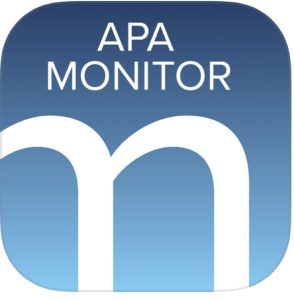TITLE
More Teenage Girls With Eating Disorders Wound Up in the E.R. During the Pandemic
A new C.D.C. study underscored the mental health issues facing teenagers in the past few years.
DESCRIPTION
It is important to note that mental health centers have reported an increase in disorders in adolescents through the pandemic. The types of disorders include anxiety, depression, obsessive-compulsive disorders (tics) and eating disorders. “During the pandemic, emergency rooms across the country reported an increase in visits from teenage girls dealing with eating and other disorders, including anxiety, depression and stress, according to new data from the Centers for Disease Control and Prevention. The report provides new detail about the kinds of mental health issues affecting a generation of adolescents. Mental health experts hypothesize that the pandemic prompted some youth to feel isolated, lonely and out-of-control. Some coped by seeking to have control over their own behavior, said Emily Pluhar, a pediatric psychologist at Boston Children’s Hospital and instructor at Harvard Medical School… In the C.D.C. study, the agency said that the proportion of eating disorder visits doubled among teenage girls, set off by pandemic-related risk factors, like the “lack of structure in daily routine, emotional distress and changes in food availability.” Additionally, there have been reports of increased tic disorders. The C.D.C. defines tics as “Tics are sudden twitches, movements, or sounds that people do repeatedly. People who have tics cannot stop their body from doing these things.” There is also some speculation that watching “tics” on social media such as TikTok may be a causal agent in the increase in this type of disorder.
SOURCE
New York Times, February 18, 2022, by Matt Richter
LINK TO RESOURCE
https://www.nytimes.com/2022/02/18/health/girls-eating-disorders-pandemic.html?smid=em-share
(Tiny URL) https://tinyurl.com/ykcr7rsu
CLASS DISCUSSION QUESTIONS:
•What are some of the reasons for an increase in mental health disorders during the pandemic?
•According to the C.D.C., what types of mental health disorders have increased during the pandemic?
•What are “tics” and what is the speculation of the causal agent due to social media during the pandemic?








